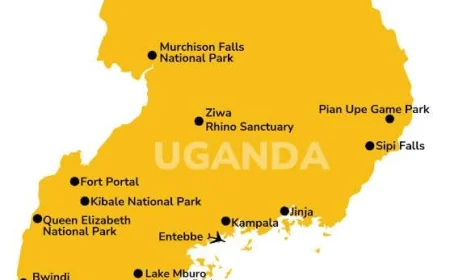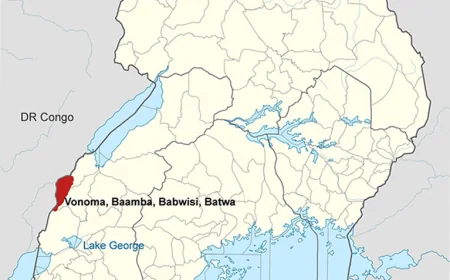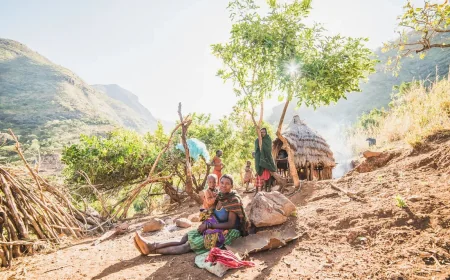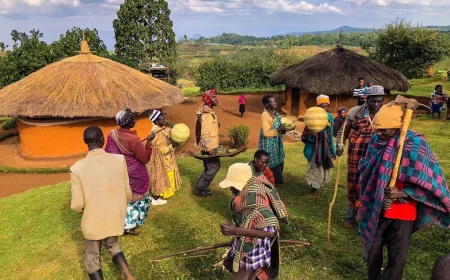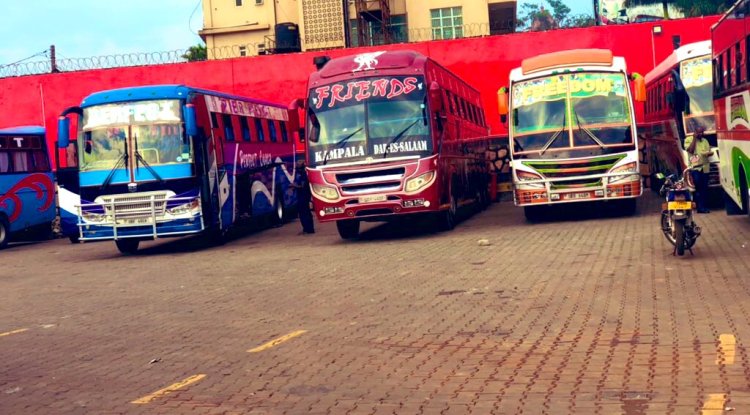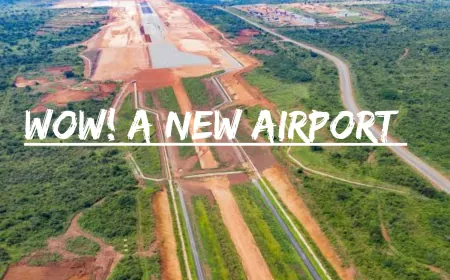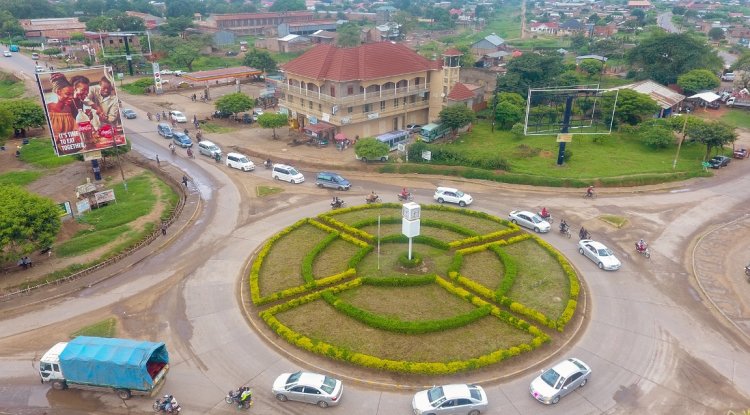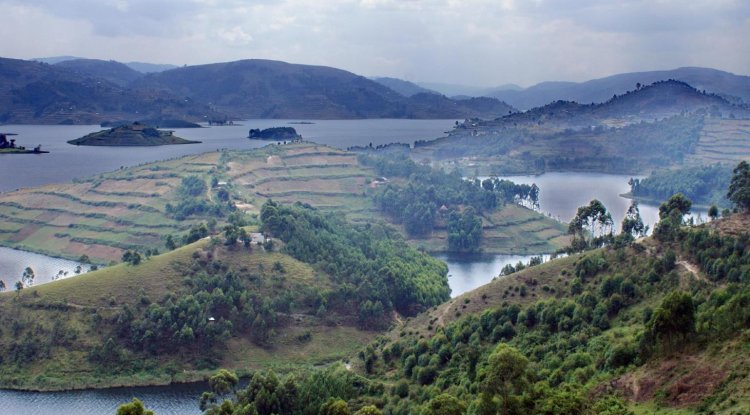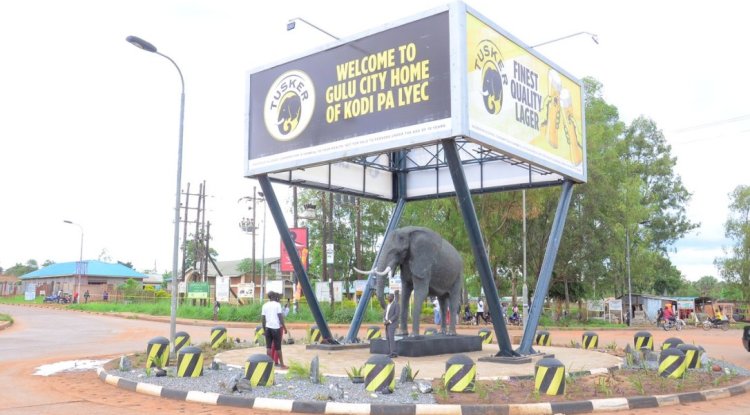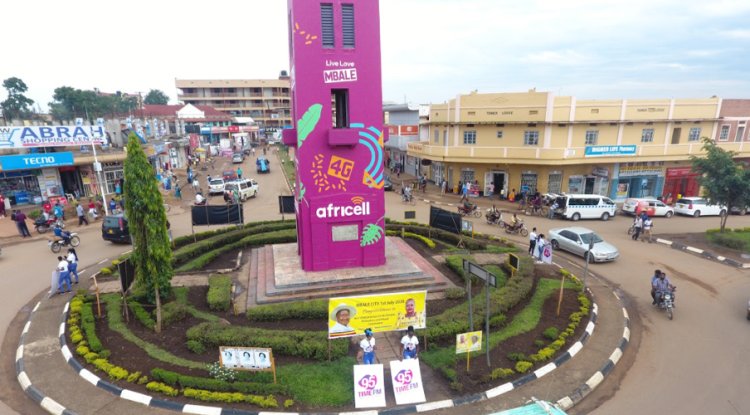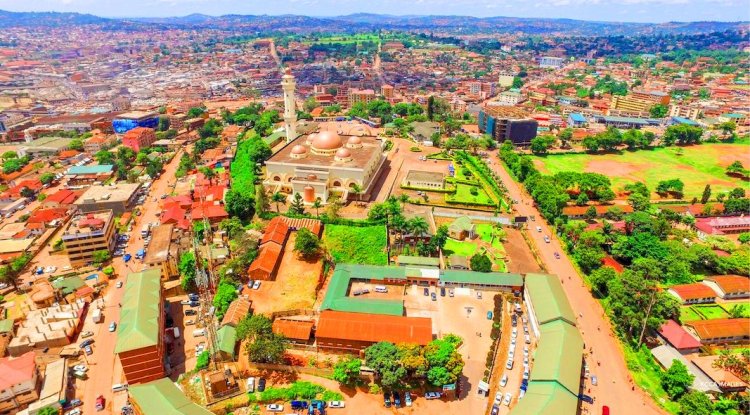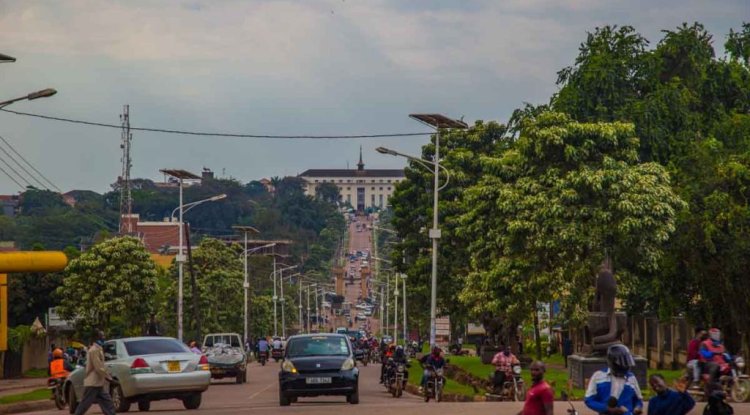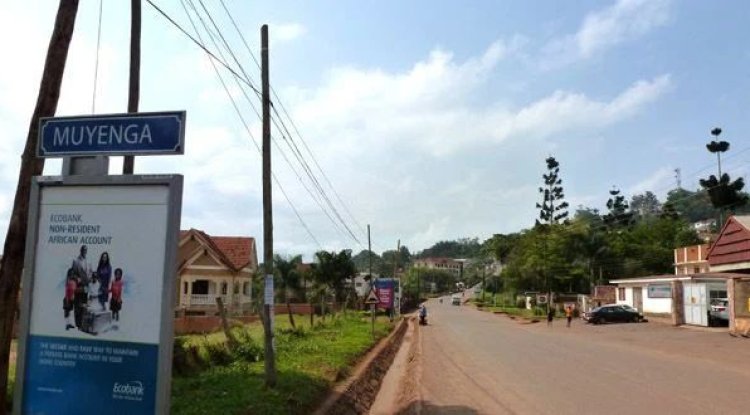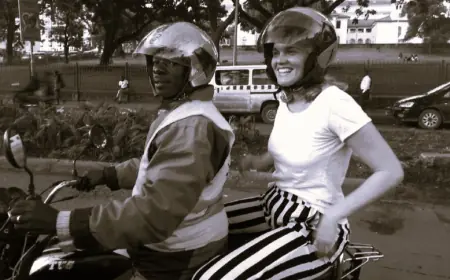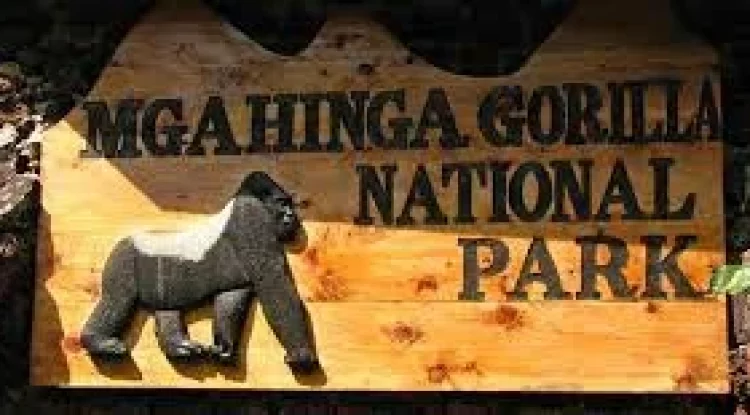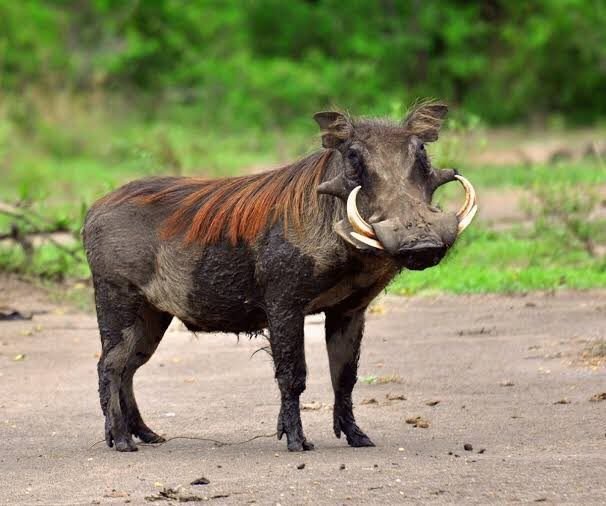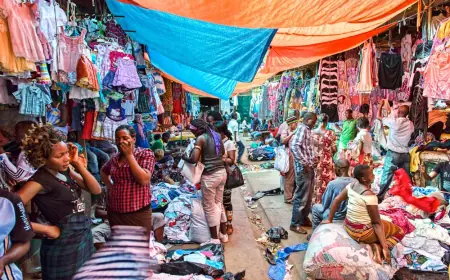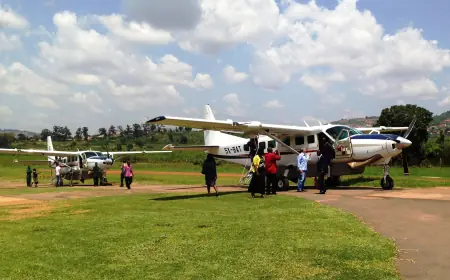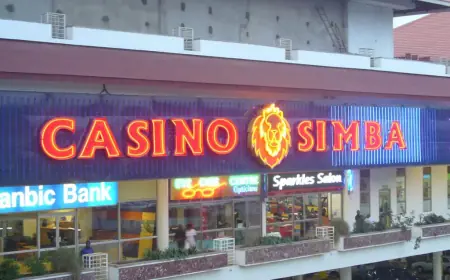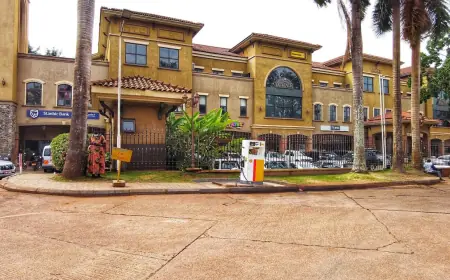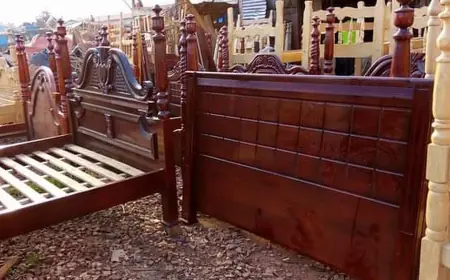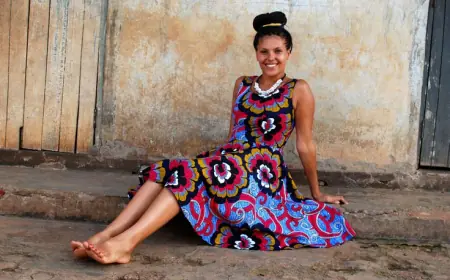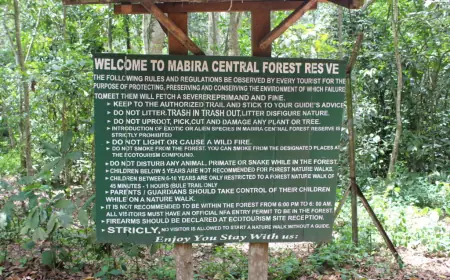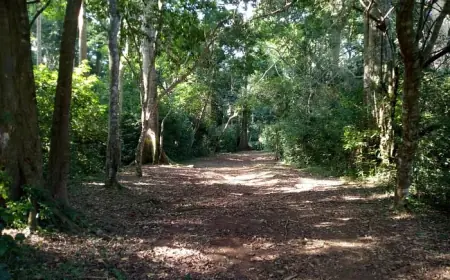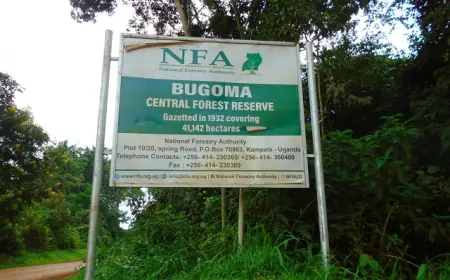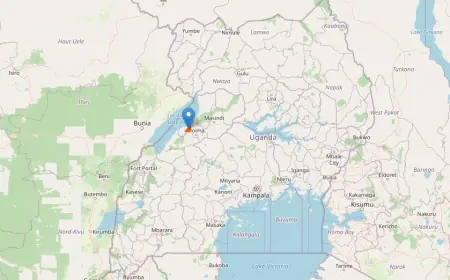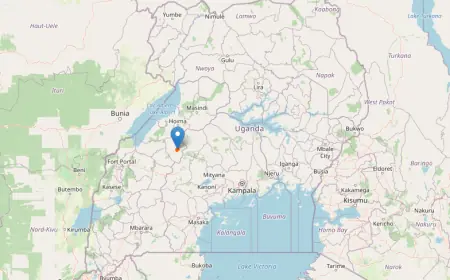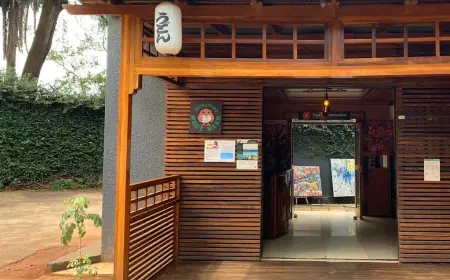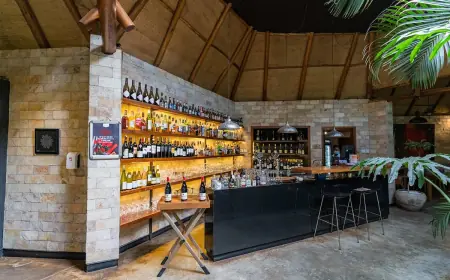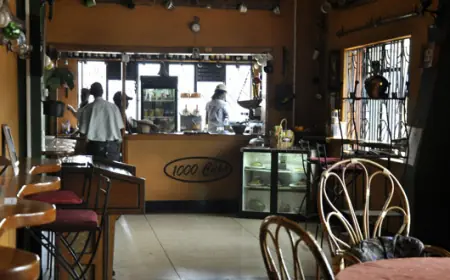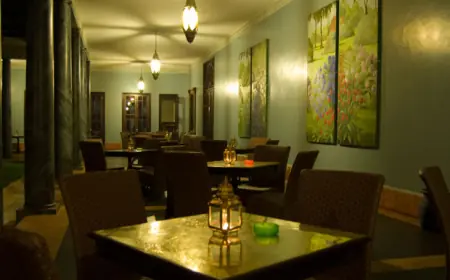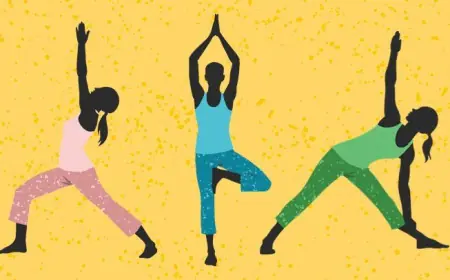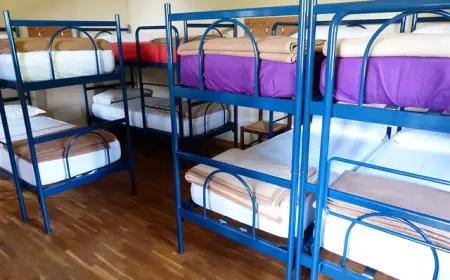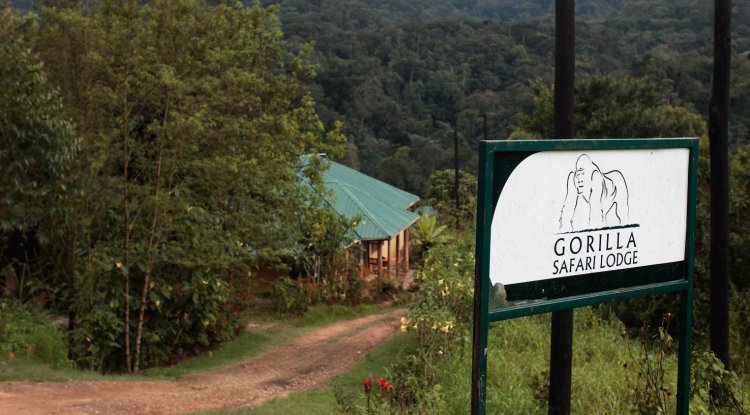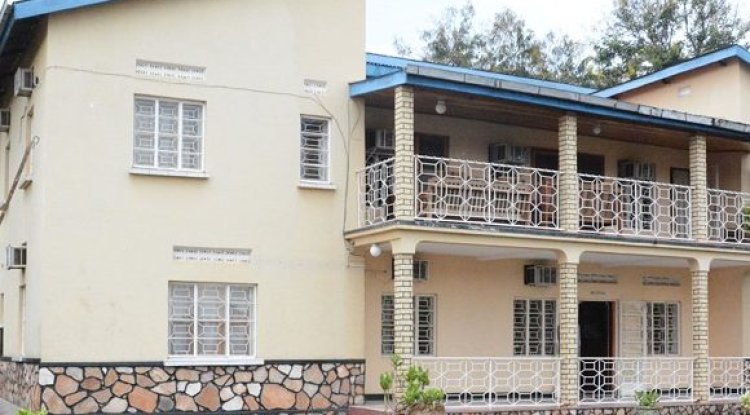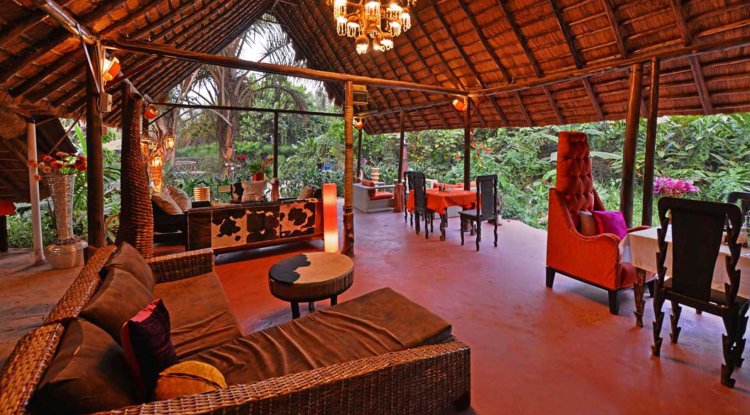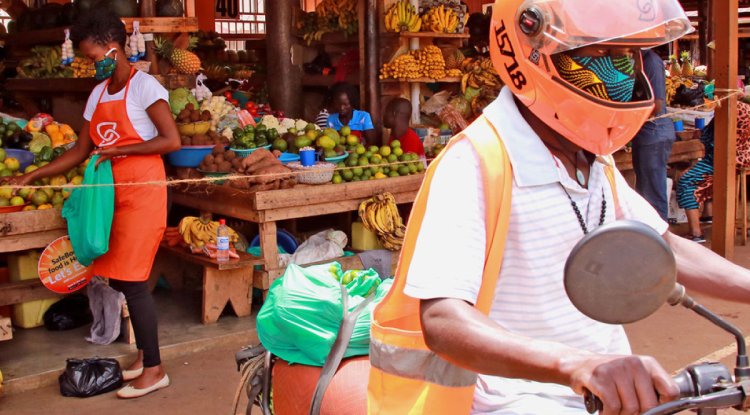How to haggle in Uganda: The ultimate guide to bargaining
This article is about the bargaining culture in Uganda. In some places, it may be possible to ask for a discount, but there the nominal price is close to what you will pay, and your first suggestion should be reasonable, perhaps the price you hope to get.
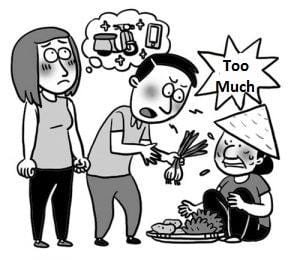
Bargaining, also called haggling, is common in many countries, such as most of Asia, Latin America, and North Africa. In other regions, it is typically only appropriate for major purchases with an unknown price, such as purchasing a house or used vehicle. However, bargaining is an important part of Ugandan commercial culture. Some individuals bargain whenever they are making a purchase because they feel that the price that is listed is sometimes not the final or best price. Some vendors purposefully inflate the price because they believe that every prospective customer enjoys haggling, hoping that the price will be negotiated down to the standard price. If you don't haggle, you'll probably end up paying more than you should.
"Mzungu Price" is a concept in Ugandan travel culture. Mzungu price is the term used to describe a slightly raised price for any item a foreigner might purchase to allow for price haggling. You may occasionally need to haggle over prices. However, in general, this need only arises in situations that can be reasonably predicted, such as when hiring a private taxi, booking a tour, purchasing curios, and to a lesser extent, purchasing other market goods.
Prices are typically fixed in hotels, safari lodges, restaurants, and retail establishments. In such places, overcharging is too uncommon to warrant disputing a price, unless it is blatantly absurd. It's possible that you will be overcharged in Uganda at some point, but it's important to keep this in perspective.
Basic bargaining tactics in Uganda
Knowing the right price is essential for negotiating a successful deal. If you are confident in your offer's accuracy, all you need to do is state it and begin to leave the store. Before you start haggling, try to have a general idea of the item's value.
- Gift shops at hotels or airports typically have (high) fixed prices that will at least give you a price range.
- Government-run craft stores to promote homegrown goods. These frequently have fixed prices as well, but they are more reasonable and provide a more helpful boundary. Additionally, they are typically of decent quality, so for many travellers, purchasing there is a sensible substitute for haggling elsewhere.
- Shop around, particularly for items sold by a variety of vendors in tourist areas.
- Find out how much other travellers paid for comparable items and try to negotiate a better price.
- Whenever you purchase a similar item, try to negotiate a better price each time.
- If possible, find out from a reliable local what price range is reasonable.
- Try to see what the locals pay if you can, and don't pay more. After someone makes a purchase, you can either ask or watch. Avoid being too obvious; occasionally, locals will put off purchases so that a vendor can extort more money from you as a visitor.
Avoid asking unknown locals to "help" you bargain or find what you need; you'll almost certainly end up paying a commission on top of what you already paid. This includes tour guides and taxi or rickshaw drivers in many locations; some businesses pay them significant commissions to attract customers; these businesses are typically overpriced; and some guides or drivers will only take you to such businesses. You must shop without a guide and preferably on foot in order to get good prices.
If you can change the vendor's expectations, that might be helpful. The cost might increase if he believes you to be wealthy. Tell him you are a student, a backpacker on a tight budget, an English teacher earning a meagre local salary, or anything else to get a better deal. Although you really cannot afford what he is offering, you really like it; can he do anything to make it possible? Try to avoid appearing wealthy while doing this; wearing a $2000 camera around your neck and a Rolex on your wrist will not help.
How much should you bargain
It is impossible to predict how much the initial price should be negotiated down. Some advise you to make an offer that's half the amount requested and be ready to settle for about two-thirds of that amount, but in my experience, curio sellers are much wackier than that. Before you actually consider purchasing anything, it is a good idea to inquire about the cost of comparable items at a few different stalls in order to get a sense of prices.
Even locals engage in bargaining at markets and stalls, and the healthiest attitude toward this type of haggling is to view it as a fun aspect of the African experience. For any given commodity, there will typically be a range of prices that are acceptable. Listen to what other people are paying and visit a few stalls to find out what it is. A ridiculously inflated price will always decrease as soon as you leave.
When purchasing fruit and vegetables, which are typically stacked in heaps of Ush1,000 or Ush10,000, it is simpler. Asking "Nyongela ko," which means "add some more," will result in a smile and a few extra items being added.
Knowing when you are being overcharged
Above all, keep in mind that if someone is unwilling to negotiate, it may be because they initially set a fair price. Boda boda drivers and minibus-taxi drivers frequently attempt to overcharge tourists. The best way to avoid this is to confirm the correct ticket price with a third party before boarding, book your bus ticket the day before you travel, or wait in the taxi to see what other passengers are paying.
If not, you must determine for yourself whether the price is reasonable, and if you have cause to believe it isn't, you must confront the conductor. Finding the right balance between defending your rights and becoming obnoxious in such situations can be challenging.
A final point about Ugandan culture that should be taken into account when discussing overcharging and bargaining is that it is the fact that you were overcharged rather than the actual amount that annoys you in the context of a safari in Uganda.
Bargain responsibly
I do believe there are times when we should pause to consider the bigger picture, without for a second suggesting that travellers should routinely allow themselves to be overcharged. Recognize that the person you are dealing with has a family and obligations. You're looking for a consensus position.
Keep in mind that the idea of a fixed price is very Western if you find yourself arguing over a pittance with an elderly woman peddling a few piles of fruit by the roadside.
It may be possible to negotiate a lower price with someone who is in financial straits or who is concerned that their perishable goods won't last another day. I see nothing wrong with erring on the side of generosity in such situations.
After a few unpleasant encounters, some tourists on Uganda safaris begin to bargain aggressively with everyone they meet, including hotel managers and elderly people peddling fruit by the side of the road. In order to establish a fair price, it is occasionally necessary to resort to combative behaviour. However, this conduct is also incredibly unjust to those who are upfront and truthful in their interactions with tourists.
In summary,
It's important to realise that just because a crafts seller is willing to negotiate doesn't mean you were being overcharged or taken advantage of at first. Curio sellers typically quote a price with the expectation that you will haggle it down; otherwise, they might be surprised. It is not necessary to reply in a combative or accusatory way.
What's Your Reaction?
 Like
0
Like
0
 Dislike
0
Dislike
0
 Love
0
Love
0
 Funny
0
Funny
0
 Angry
0
Angry
0
 Sad
0
Sad
0
 Wow
0
Wow
0
